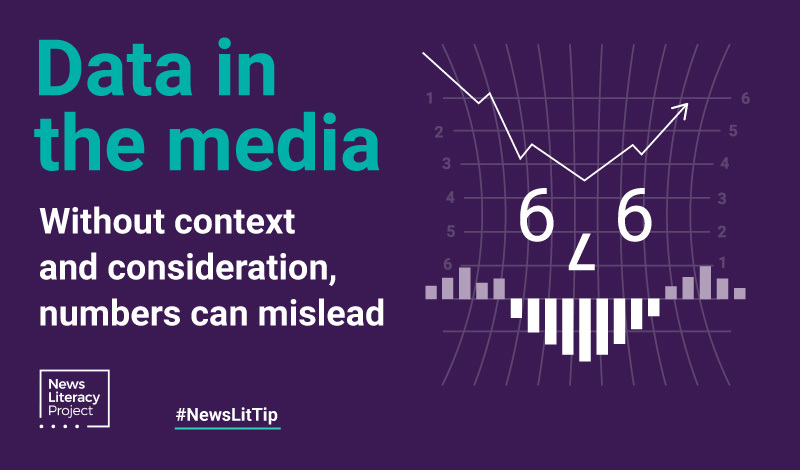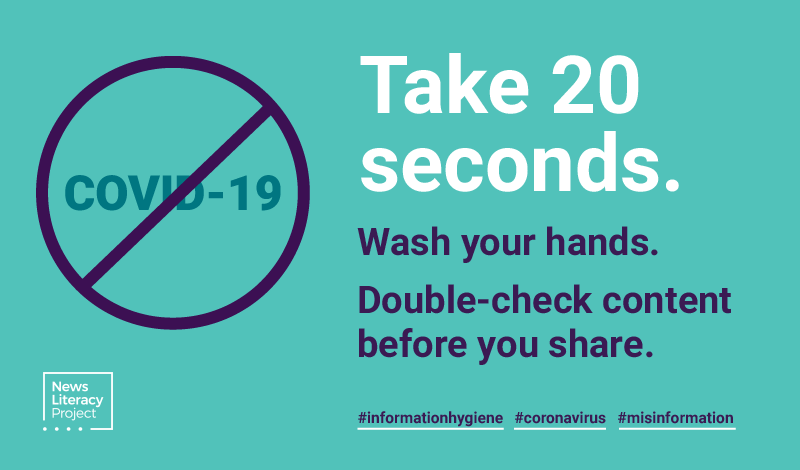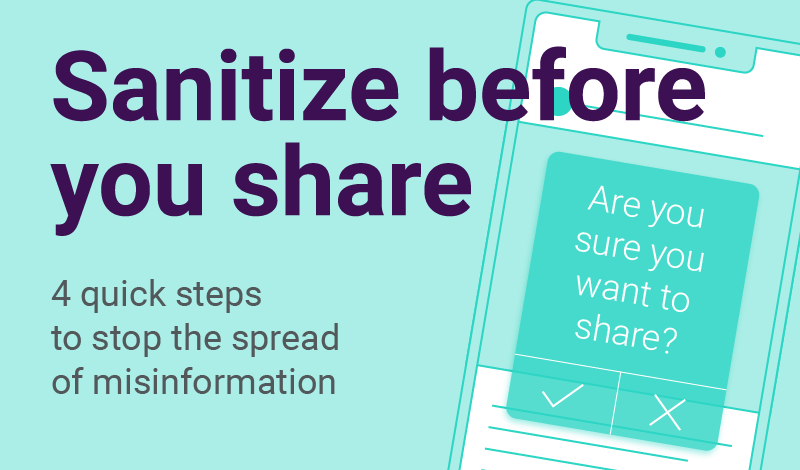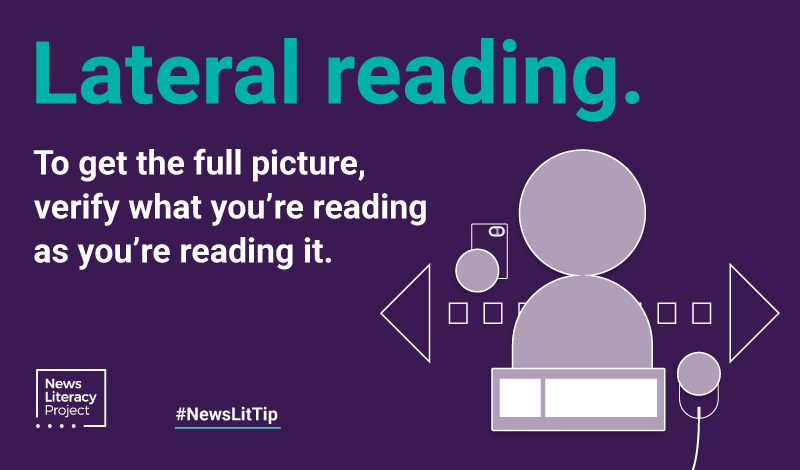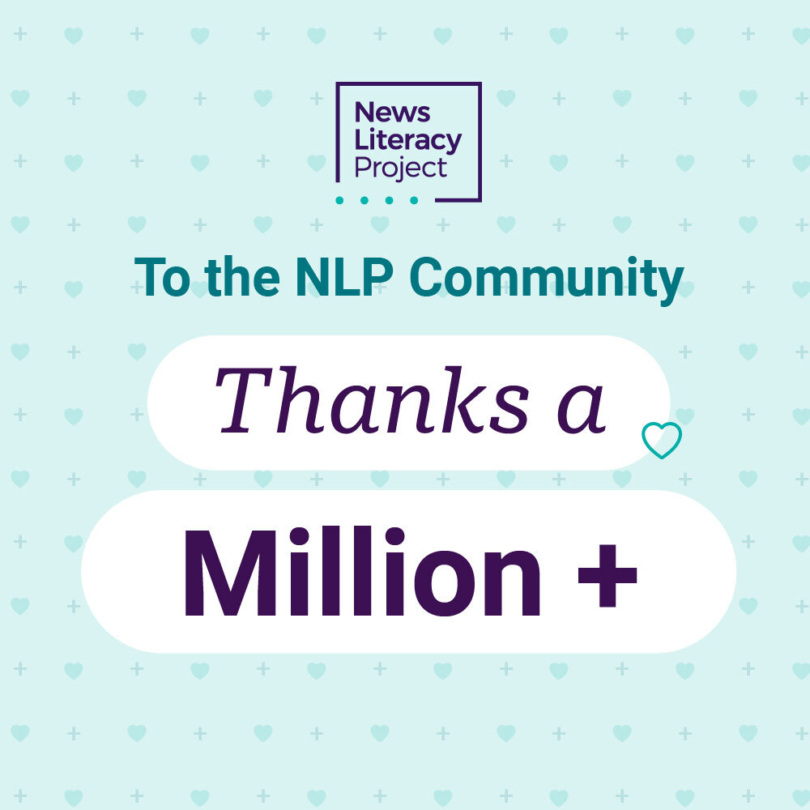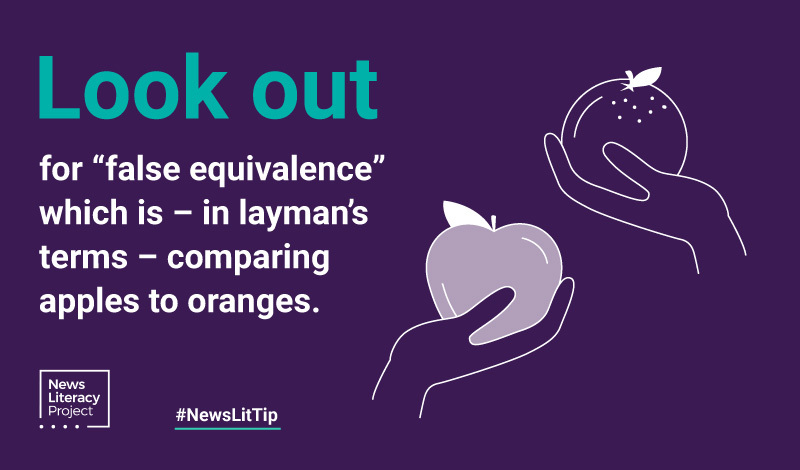
News Lit Tips
Think hard before becoming a co-conspirator
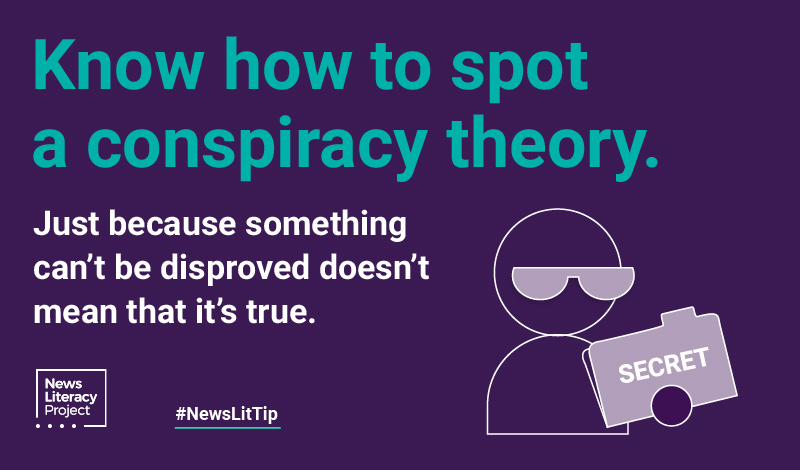
To be human is to see patterns in the world around us. And although making sense of them is how we have thrived and evolved, sometimes we contort facts into patterns that don’t really exist. Such mangled thinking can turn a set of discrete facts into a conspiracy theory.
Conspiracy theories are tough to untangle, both because of the cognitive reasoning that leads people there and because of the very nature of such theories.
Why our brains fall for conspiracy theories is complex. But in general, it’s based on confirmation bias — the practice of focusing on facts that support our existing ideas and overlooking or ignoring facts that contradict those ideas.
Also playing a role is “proportionality bias” — the belief that a huge event (such as the assassination of John F. Kennedy or the Sept. 11 terrorist attacks) was caused by something equally huge.
As for the nature of conspiracy theories, here’s one expert’s view: “The genius of conspiracy theories is that you can’t prove them wrong,” says Peter Ellerton, founder of the Critical Thinking Project at the University of Queensland in Brisbane, Australia.
Conspiracy theories, he says, are based on fear and on people’s personal values, not facts. For example, that means that when someone is convinced that vaccinations cause autism, any specifics used in a counterargument can equally be used — erroneously, of course — to strengthen the conspiracy theory.
Like it or not, it seems that everyone is prone to falling for a conspiracy theory: We all see patterns. We all have cognitive biases. And sometimes it’s even true that twisted, unfair actions are behind certain events.
How not to fall into the abyss of non-sense?
Being aware that we might fall into the trap can help. And a 2017 study links news literacy practices with the steady thinking that keeps people from believing conspiracy theories.
In other words: To step away from the darkest, weirdest ideas, apply critical-thinking skills and research credible sources. And don’t believe a wild idea just because it seemingly cannot be disproved. That could be your cognitive biases blinding you to the facts.
